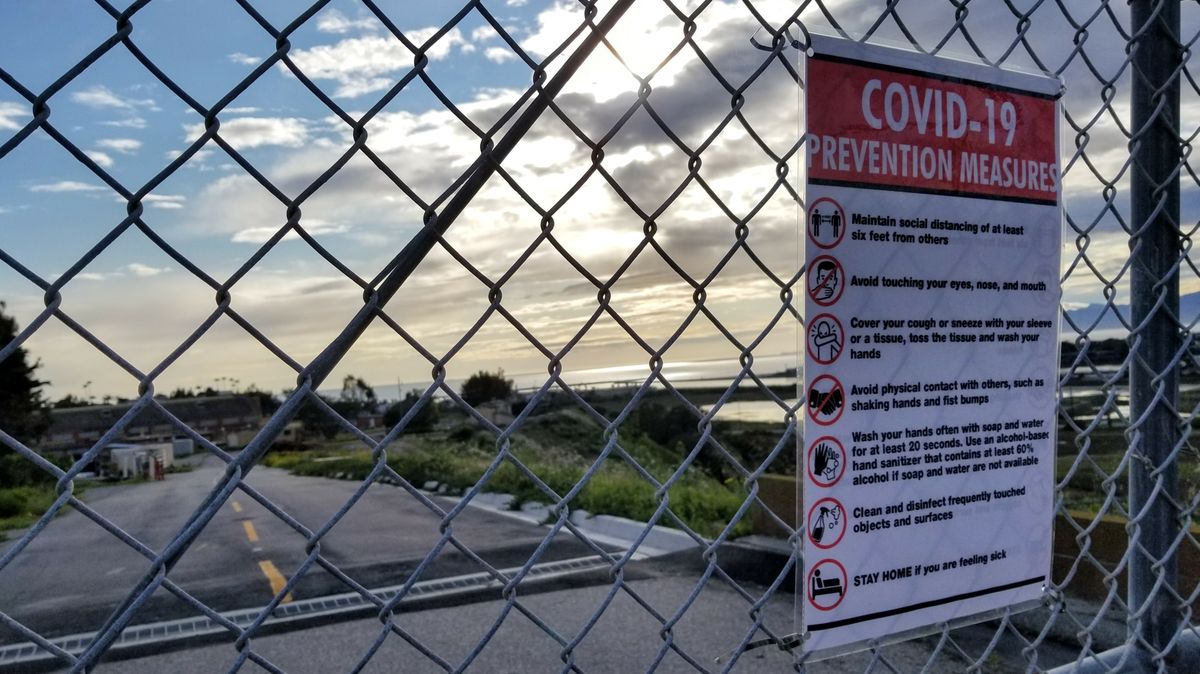
Sean Brenner
"Our research has revealed a nation largely in agreement on everything from preventive measures to thoughts about returning to normal activities," said UCLA political science professor Lynn Vavreck.
Over the weekend of May 9–10, many states, including California, began to ease safer-at-home restrictions, allowing some businesses to reopen under strict conditions, and opening some public spaces, including hiking trails and beaches.
Now, a weekly survey co-led by UCLA political science professors Lynn Vavreck and Chris Tausanovitch has found that Democratic and Republican voters favor the restrictions that were enacted to slow the spread of COVID-19. And by and large, people prefer a cautious approach to getting life back to normal.
The UCLA + Democracy Fund Nationscape survey began adding COVID-19–related questions in March, shortly after businesses, schools and events began shutting down. Topics include Americans' beliefs, worries and behaviors related to the pandemic. The survey will post results each week on a new coronavirus-specific page of its website.
"Our research has revealed a nation largely in agreement on everything from preventive measures to thoughts about returning to normal activities," Vavreck said. "Far from the partisan division that has described the last several years, nearly everyone has incorporated precautions against the virus into their daily lives and most people support government interventions to stop its spread."
Among the initial findings:
- A majority of Americans support preventive measures like school closures (80%), canceling large gatherings (80%) and closing businesses like bars and restaurants (80%).
- Republicans' support for those measures dipped slightly in April.
- 83% of Democrats support restricting nonessential travel, versus 63% of Republicans.
- When asked what activities they would resume when elected officials recommended lifting restrictions (assuming they engaged in such activities prior to the pandemic), a majority of respondents said they are likely to dine at a friend's home (61%). They said they would be less likely to participate in activities that might have a broader economic impact — going to a shopping mall (37%), riding public transportation (28%) or attending a live sporting event (24%).
- Just 38% of respondents said they are ready to have a child return to school.
Nationscape poses questions to a sample of 6,250 Americans to gauge where they stand on policy, politics and issues. By Election Day 2020, the project will have completed more than 500,000 interviews with Americans from every congressional district.

Researchers also surveyed respondents about the economic pain caused by COVID-19. Of respondents who earn less than $25,000 per year, 26% reported that their income has been reduced significantly due to the crisis, and 24% have lost their primary source of income entirely. Among those earning more than $85,000 annually, 23% reported significant income loss but just 8% indicated that they had lost their income entirely.






